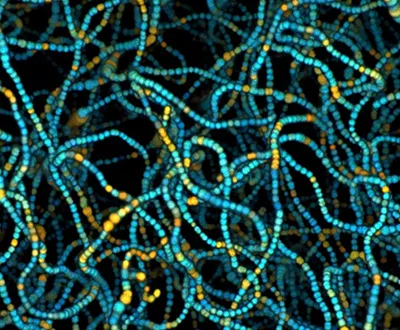Host Microbiome (Holobiont) Interactions

The Host Microbiome (Holobiont) Interactions research theme investigates the complex relationships between hosts and their associated microbial communities, collectively known as the holobiont. This research is crucial for understanding how microbiomes influence host health, disease progression, and environmental resilience, as well as the means by which the host affects its associated microbiome. By studying these relationships, SCELSE aims to develop strategies for disease prevention and to promote overall health across different ecosystems, from the marine environment, to agriculture, to humans.
About the Research
SCELSE’s Host Microbiome Interactions projects explore the dynamic relationships between microbial communities and their host organisms, including humans, plants, and animals. Utilising advanced ‘omics technologies, bioinformatics, and experimental models, SCELSE researchers study the effects of microbiomes on host physiology, immune response, resilience and disease susceptibility. The research covers various systems, from human gut microbiomes influencing host health and disease, to plant-microbiome interactions that enhance agricultural productivity. SCELSE’s interdisciplinary approach integrates microbial ecology, molecular biology, and clinical studies to uncover mechanisms of microbiome-host interactions, providing insights that are pivotal for therapeutic interventions and environmental management.
- Gut microbiome and human health
- Plant-microbiome interactions
- Marine host-microbiome interactions
- Microbiome-associated biomarkers for health and disease
- In vivo models of host-microbiome interactions
Programmes and Projects
SCELSE’s Host-Microbiome Interactions research reveals how microbes shape human and plant health. From gut links to heart disease, Parkinson’s, ageing, and infant allergies, to probiotic interventions, SCELSE uncovers powerful microbial connections. In crops, microbial signals boost resilience and yield. These insights drive next-gen microbiome therapies for chronic diseases and sustainable food production.
People
Collaboration
-
L’Oréal-SCELSE joint research initiative
Read MoreL’Oréal Singapore comprises a Research & Innovation Centre for skin and hair science, foresight and open innovation. Singapore is also the site of the Asia Centre of Excellence for Microbiome knowledge studies. Leveraging on the rich scientific ecosystem within SCELSE, the joint lab with SCELSE (established in 2020) conducts upstream research within the scope of skin/scalp microbiome. Researchers in the joint lab will look into functional dissection of the microbiome and possible applications of microbes for cosmetics and dermatology. The partners have already jointly patented new technologies and this initiative will expand and strengthen their collaboration in the future.
Research Themes: Biofilm biology & Mechanisms, Host Microbiome (Holobiont) Interactions






